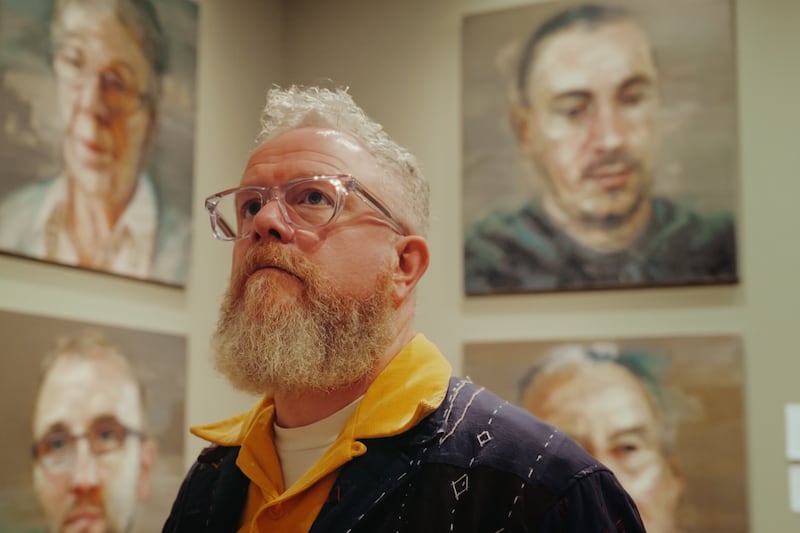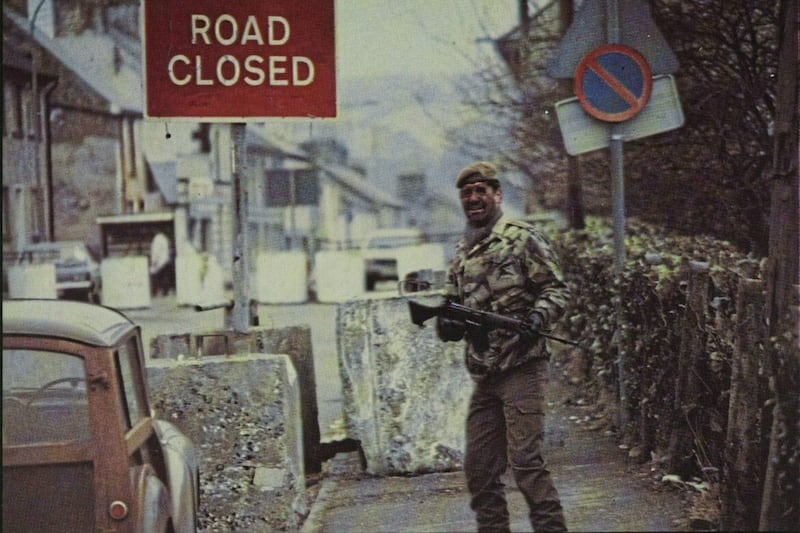One of the most senior British army officers to serve in the north during the Troubles and who in his later years faced legal action by victims and relatives has died aged 97.
General Frank Kitson led British military operations in the north at the beginning of the conflict, and went on to become a hate figure for nationalists and republicans for his leadership that saw the killing of civilians in Belfast’s Ballymurphy area in 1971 and Derry on Bloody Sunday the following year.
The London-born son of a British Navy vice-admiral, Kitson served in global conflict hotspots including Kenya and Cyprus before being placed in command of forces in Belfast in 1970, and remained in charge for two years before returning to England with an honour for his role.
The 1st Battalion, Parachute Regiment, which carried out the Bloody Sunday and Ballymurphy massacre, had earned the nickname ‘Kitson’s private army’, while the notorious Military Reaction Force (MRF) counter-insurgency unit, which is thought to have been involved in the killings of innocent Catholics, was based at the general’s Palace Barracks HQ in Belfast.
The MRF is thought to have been formed based on Kitson’s tactics in defeating the Mau Mau rebellion in Kenya.
The general had authored two books on counter-insurgency operations, one before his stint in the north, and the other published in 1972.
Former Northern Ireland Secretary Douglas Hurd revealed in his memoir that a predecessor, William Whitelaw, removed Kitson from his command in 1972 as a confidence-building signal to the nationalist community.
SDLP founding member Paddy Devlin described Kitson - who was awarded a CBE upon his return to England - as someone who “probably did more than any other individual to sour relations between the Catholic community and the security forces”.
In 2015, Kitson faced legal action for alleged complicity in the death of 47-year-old minibus passenger Eugene ‘Paddy’ Heenan, who was killed in a loyalist grenade attack in 1973.
In 2019, two members of the group of detainees known as the ‘Hooded Men’, who were tortured by the army in 1971, launched legal action against Kitson and other senior British establishment figures.
Later that year, relatives of those murdered by the UVF in the 1972 McGurk’s Bar bombing in Belfast called for Kitson to be questioned by police over revelations the general had knowledge of false reports fed to the media by the RUC, that claimed the IRA were responsible for the blast which killed 15 people.
A spokesperson for the Relatives for Justice group, which assisted the family of Mr Heenan in his 2015 action, said Kitson “did not see final justice in a court but the tenacity of Mary Heenan and families like hers ensured his deplorable actions and their victims will never be forgotten”.







